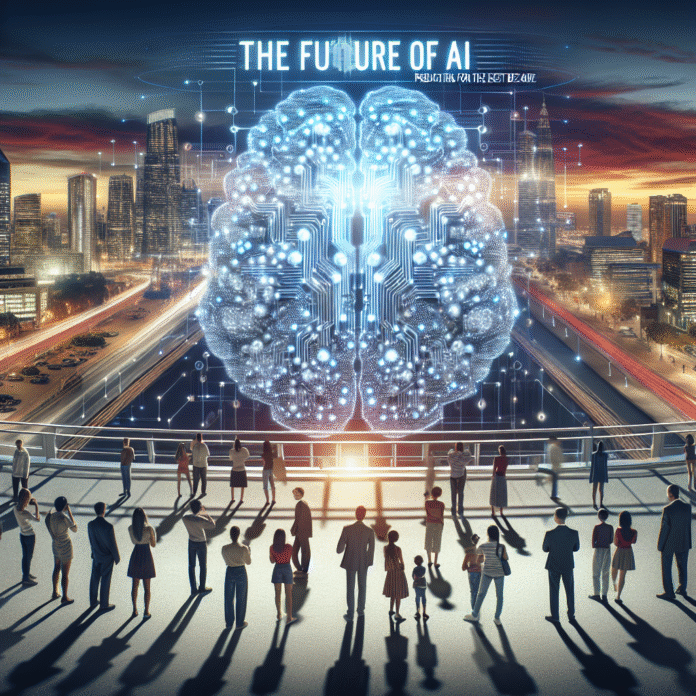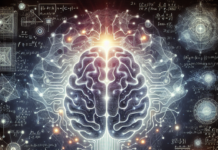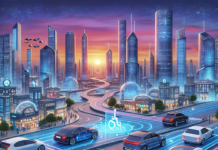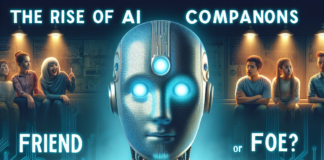The Future of AI: Predictions for the Next Decade
As we look ahead to the next decade, the field of artificial intelligence (AI) is on the brink of monumental advancements. Rapid technological developments, increased investment, and interdisciplinary collaboration are shaping a new era for AI. Here are some predictions regarding how AI will evolve in the coming years.
1. Enhanced Automation
Automation will drive productivity to unprecedented levels across various industries. We can expect:
-
- Greater use of AI in manufacturing, logistics, and supply chain management.
-
- AI-driven personalization in customer service through chatbots and virtual assistants.
-
- Increased automation in decision-making processes, yielding faster and more accurate results.
2. Improved Human-AI Collaboration
The next decade will see a rise in collaboration between humans and AI systems. As AI tools become more sophisticated, they will complement human skills, leading to:
-
- Enhanced creativity in fields like art, music, and design.
-
- Support for researchers in analyzing vast amounts of data for scientific breakthroughs.
-
- Improved mental health care with AI providing personalized therapy and support.
3. Advancements in Natural Language Processing
Natural Language Processing (NLP) will evolve, allowing machines to understand and interact with human language more effectively. Expected developments include:
-
- More fluent conversation abilities in virtual assistants, bridging communication gaps.
-
- Context-aware translations that offer accuracy and nuance.
-
- AI-generated content that rivals human originality.
4. Ethical AI and Regulations
As AI technologies continue to permeate our lives, ethical concerns will come to the forefront. Regulations will likely emerge to address:
-
- Data privacy and security issues regarding personal information.
-
- Transparency in AI decision-making processes to avoid biases.
-
- Accountability regarding the use of AI in critical fields such as healthcare and criminal justice.
5. AI for Social Good
AI will play a significant role in tackling global challenges. Innovations may focus on:
-
- Environmental sustainability through predictive analytics in climate modeling.
-
- Healthcare advancements aiding early diagnosis and personalized treatment.
-
- Disaster response solutions to predict and manage crises more effectively.
Conclusion
The next decade promises a transformative journey fueled by AI. With the right balance between innovation and ethical considerations, AI has the potential to enhance our daily lives significantly. As we prepare for this future, collaboration among technologists, policymakers, and society will be essential to ensure a beneficial outcome for all.







